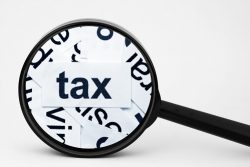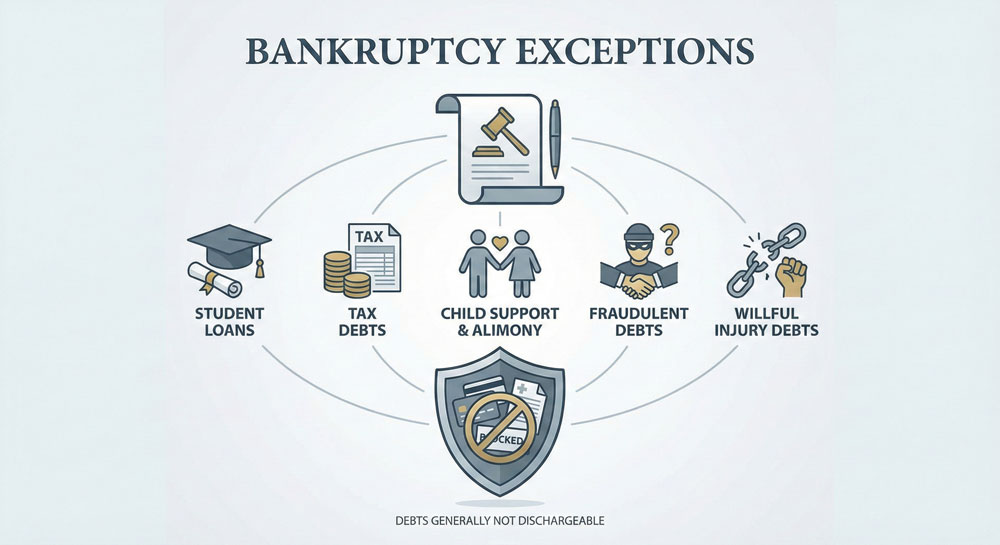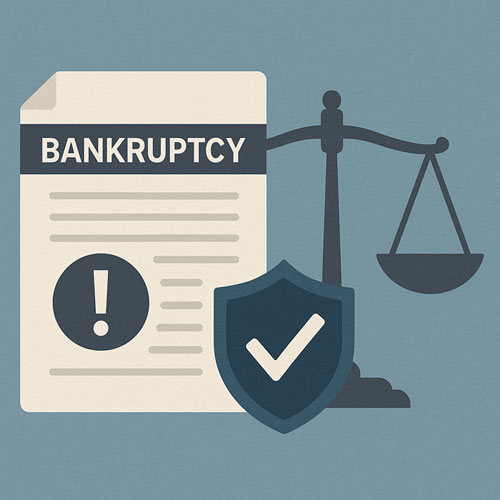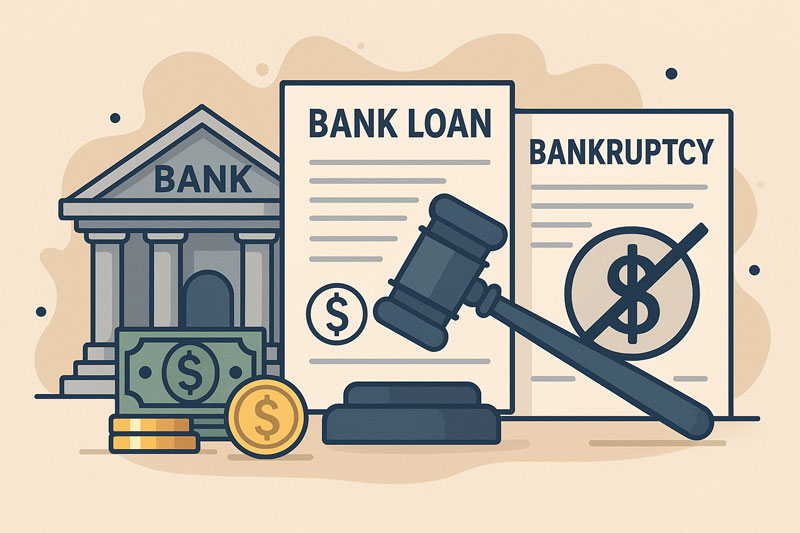Tax Debt And Bankruptcy

If you owe money to the IRS or State Franchise Tax Board, there’s no ignoring it. Sometimes referred to as the most aggressive collection agencies in the world, the Internal Revenue Service and Franchise Tax Board have almost unlimited power in recovering tax debt. Unlike other creditors, the IRS and FTB have unlimited resources to collecting on your tax debt. The IRS and FTB can levy bank accounts, garnish wages and put liens on your property without filing a lawsuit and obtaining a judgment.
Eliminate Debt
The encouraging news is that bankruptcy may be effective in eliminating some of your tax debt burden as long as the debt meets certain criteria. If those criteria are not met, your tax debt will survive the bankruptcy and is still due at the conclusion of your Chapter 7 case or they are repaid in your Chapter 13 repayment plan.
- The following conditions must be met in order to discharge income tax debt:
- You didn’t commit tax fraud or evasion
- The tax debt is at least 3 years old
- You filed a tax return more than 2 years ago
- Your tax debt must have been assessed within 240 days before filing bankruptcy
It’s important to note that if you have a tax lien on your home; the lien will NOT go away when filing a bankruptcy. While your tax debt obligation might be wiped out, the lien will remain on your property which will prevent you from selling the house without paying the tax lien. If you don’t meet these standards there are alternative options such as a payment plan or offer in compromise that you can apply for directly with the IRS.
Nondischargeable
Another caveat of utilizing bankruptcy to fix your tax debt problems is that some tax debt is never eligible for discharge including: tax penalties, tax debts from unfiled returns, and trust fund taxes or payroll withholding taxes.
For more information and for assistance determining if your debt is eligible for discharge, contact your Yuba City bankruptcy attorney at (530) 797-4402.
Categorized in: Bankruptcy



